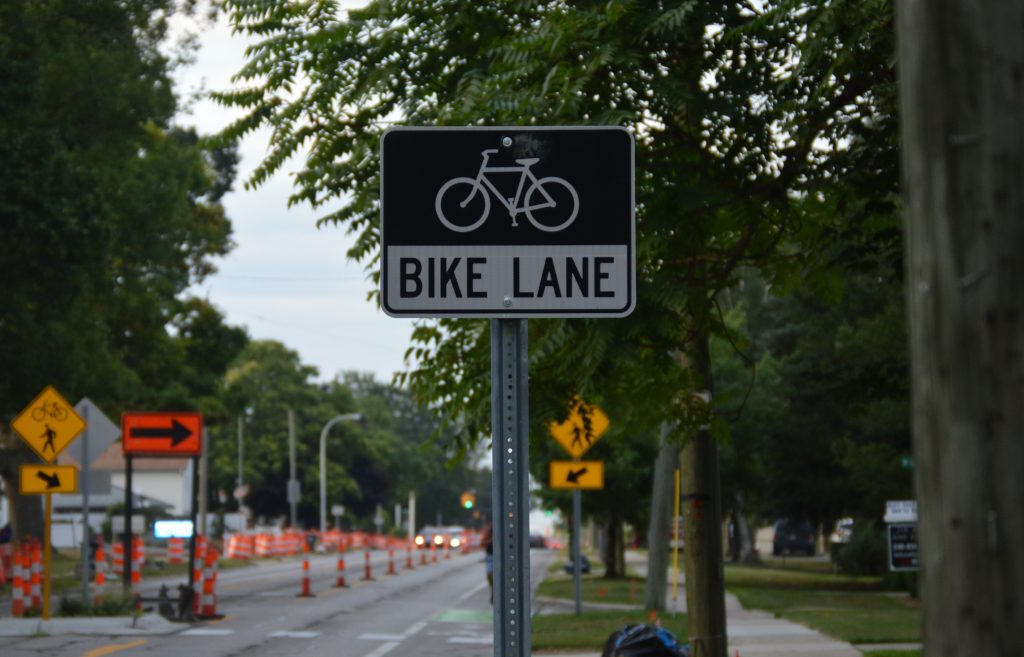Is Your Local Road Ready for a Bike Lane?
Experts say “road diets” are proven ways to improve safety and make communities more livable. But not everyone is happy about the effort to slim down our streets.


Traveling around Metro Detroit in the last few years, you might notice that some communities are getting rid of lanes for cars in favor of bike lanes, wider sidewalks, shorter pedestrian crossings and other things meant to make cities more walkable and bikeable.
These are known as “road diets.” Experts say they’re proven ways to improve communities and make traveling safer for everyone.
Not everyone is happy about the effort to slim down our streets, though.
Some motorists feel quite inconvenienced, saying having fewer lanes slows down their already painful commutes, that having to learn to share the road with bikes creates safety concerns, and that it’s simply a waste of money.
So what is the future of our streets and our communities?
“What people are reacting to is something different. When something is different, people are worried about making a mistake,” says Kyle DuBuc, a city commissioner in Royal Oak who says he wasn’t sold on the idea of road diets until his colleagues buried him “under piles of data” showing that they work. He ended up supporting a number of road diet projects in Royal Oak.
“We have so many conversations in Detroit about vacant land. Well, so much of that vacant land is actually pavement on our roads,” says Detroit Greenways Coalition Executive Director Todd Scott. He says much of that unused space could go to better use for cyclists, pedestrians, and others.
